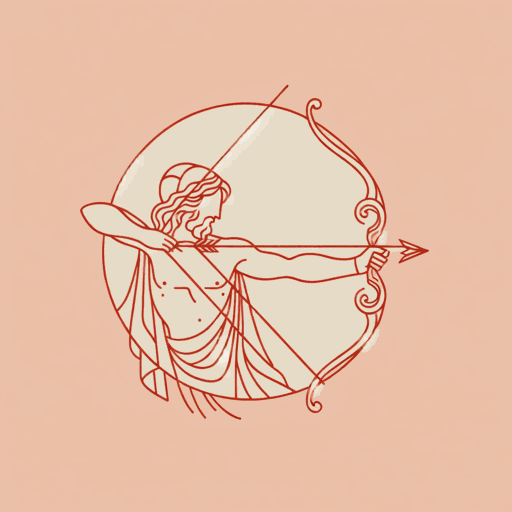49 pages • 1 hour read
EuripidesHeracles
Fiction | Play | Adult | BCEA modern alternative to SparkNotes and CliffsNotes, SuperSummary offers high-quality Study Guides with detailed chapter summaries and analysis of major themes, characters, and more.
Background
Literary Context: The Myth of Heracles
Heracles was possibly the most famous and prolific hero of ancient Greek mythology. As the son of Zeus, the king of the gods, and a mortal woman named Alcmene, Heracles was something more than a regular human being. Heracles was known for his incredible strength, which allowed him to perform great heroic deeds, including the well-known “twelve labors.” As the illegitimate product of one of Zeus’s adulterous affairs, however, Heracles was hated by Zeus’s divine queen Hera, who was constantly trying to ruin Heracles. Heracles was commonly said to have been welcomed to Olympus after he died, making him one of the few mortals of Greek mythology who was worshiped as a full-fledged god.
Euripides’s Heracles is a dramatization of a key Episode from the mythology of Heracles, in which Heracles, driven mad at the behest of his enemy Hera, massacres his wife and children. Euripides’ Heracles soon became the most important and familiar literary account of the madness of Heracles, and even in antiquity the play was adapted on a few occasions (for instance by the Roman tragedian Seneca, who authored a play titled Hercules Furens, or “Hercules Mad”). Heracles himself, and the many myths connected with him, was almost ubiquitous in ancient literature from the very earliest periods.
Related Titles
By Euripides
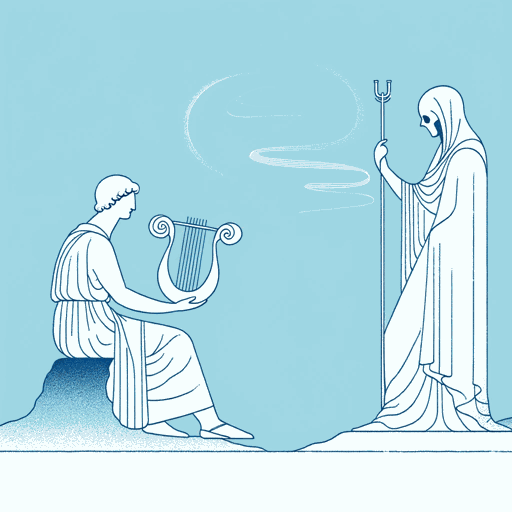
Alcestis
Euripides
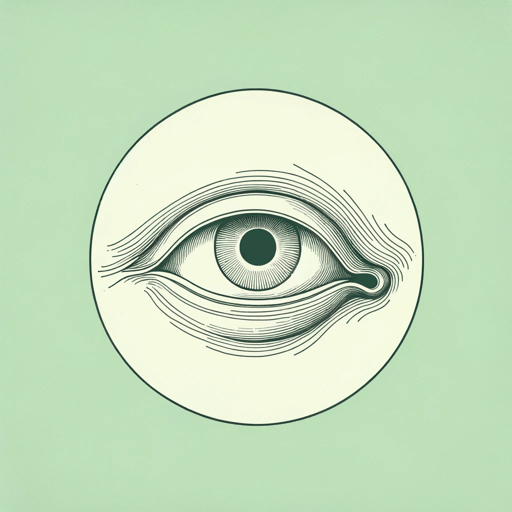
Cyclops
Euripides
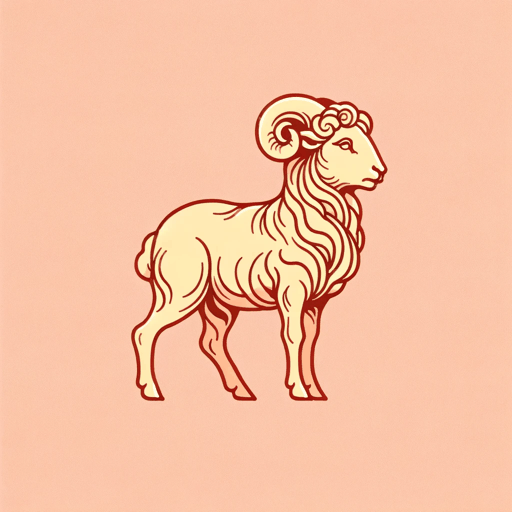
Electra
Euripides
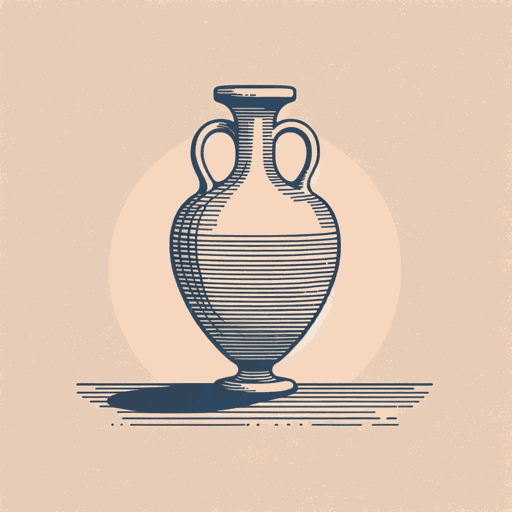
Hecuba
Euripides

Helen
Euripides

Hippolytus
Euripides

Ion
Ed. John C. Gilbert, Euripides

Iphigenia in Aulis
Euripides
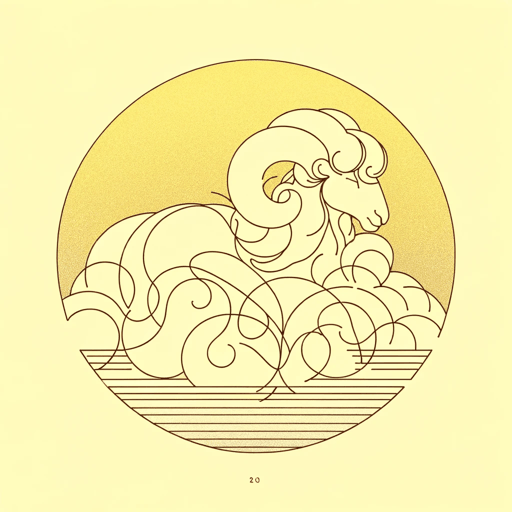
Medea
Euripides
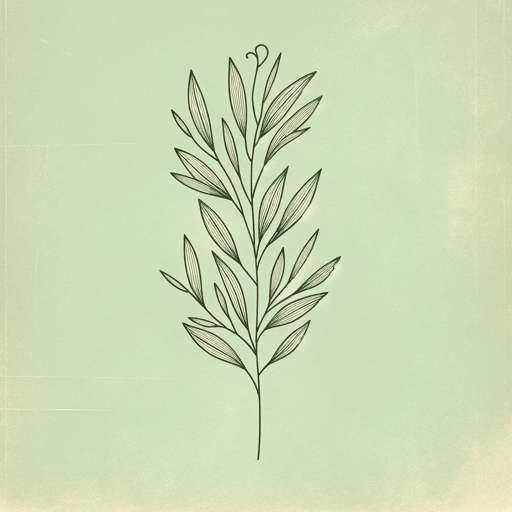
Orestes
Euripides
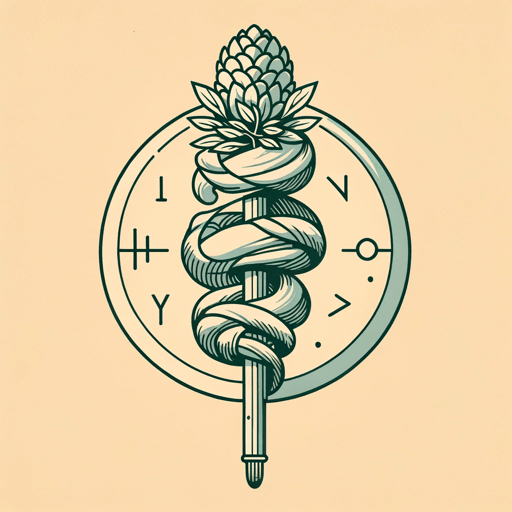
The Bacchae
Euripides

Trojan Women
Euripides
